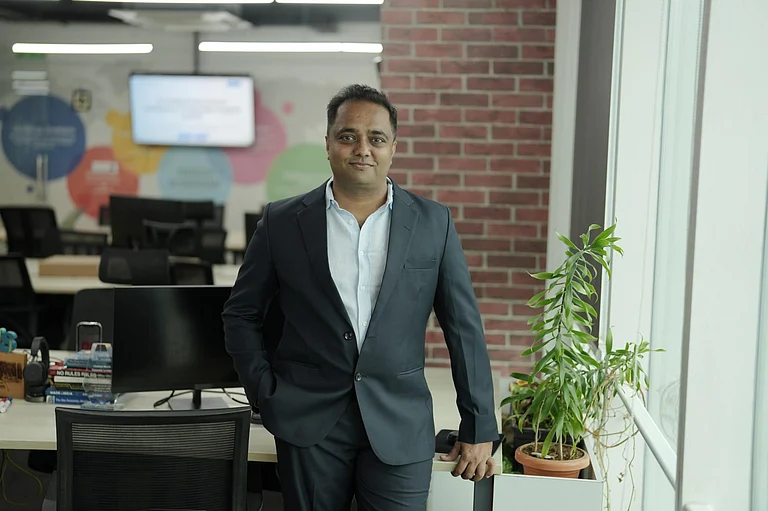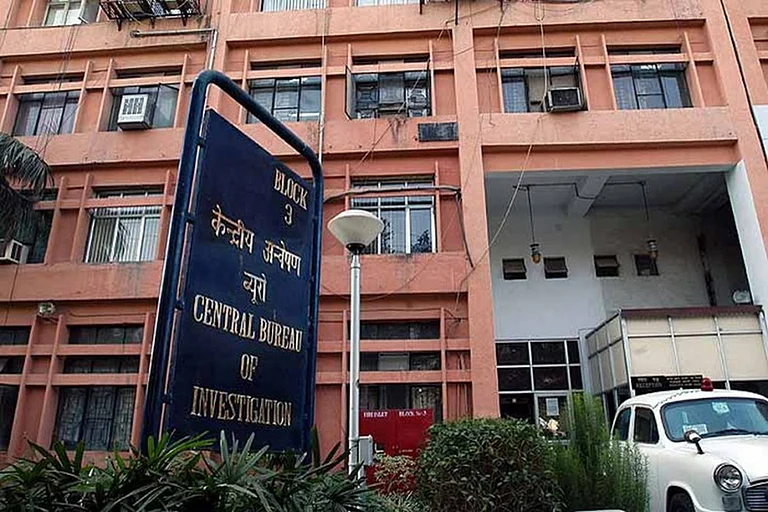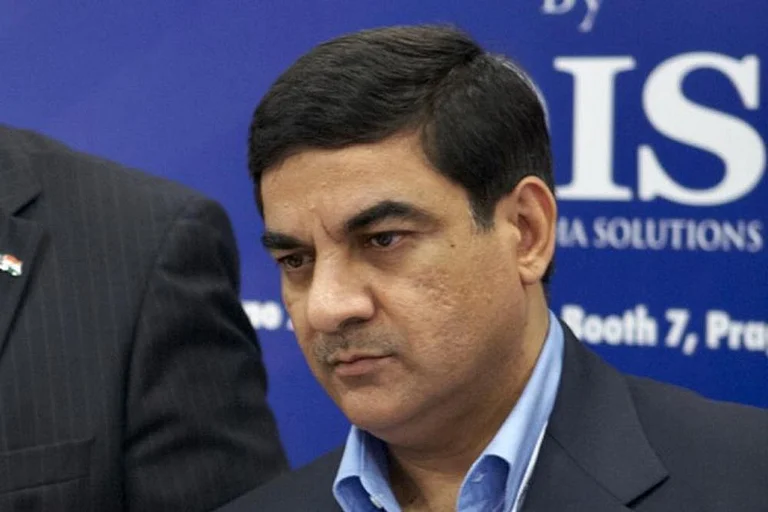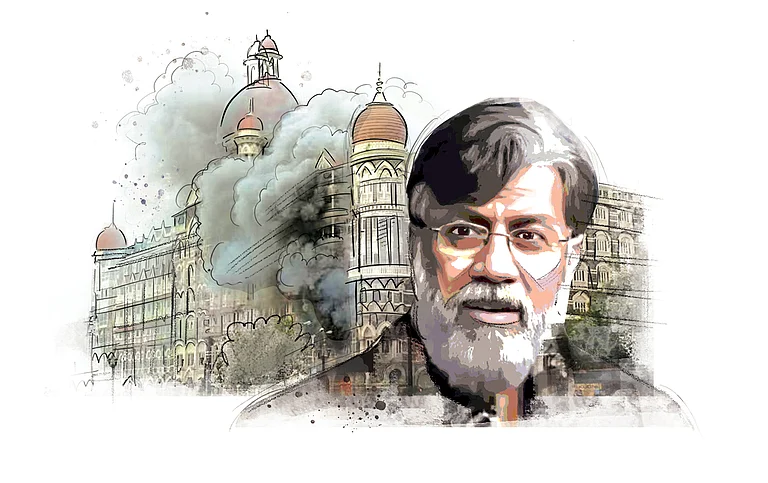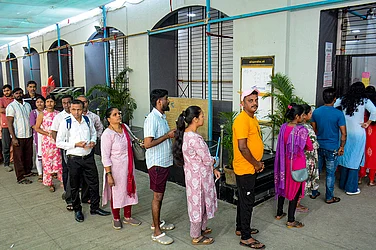Indian law enforcement has confirmed that the country has brought back 134 wanted fugitives from foreign nations in the last five years, officials have confirmed. This figure is nearly double the 74 individuals returned over the entire decade from 2010 to 2019.
According to PTI, this increase in repatriations is the result of a multi-pronged strategy involving stronger diplomatic ties, improved coordination with international police agency Interpol and the use of new technology.
In 2025 alone, 23 fugitives have already been returned to face justice in India. Officials attribute this success to several key factors. High-level visits by Indian government leaders and strengthened bilateral relationships have played a crucial role in persuading other countries to cooperate.
The Central Bureau of Investigation's (CBI) new digital portal, 'Bharatpol', launched in January has been a key player in the process. This platform connects Indian police with Interpol, streamlining the process of issuing a "Red Notice," which is an international alert for a wanted person.
Thanks to Bharatpol, the time taken to issue this critical notice has been cut in half, from six months to just three.
The CBI, which acts as India's main link to Interpol, has also set up a Global Operations Centre to work more closely with law enforcement agencies around the world, speeding up India's requests for extradition.
Recent High-Profile Cases
These coordinated efforts have yielded several notable results recently.
According to PTI, one of the most significant was the recent arrest of Nehal Modi in the United States. Nehal is the brother of Nirav Modi, the main accused in the massive Punjab National Bank fraud case.
The CBI acted swiftly, contacting US authorities a month before Nehal's scheduled release from a New York prison on a separate conviction.
As a result, he was immediately arrested upon release and is now facing extradition to India. His brother, Nirav Modi, and their uncle, Mehul Choksi, remain in custody in the UK and Antigua respectively, fighting their own extradition cases.
Last week, the CBI also successfully extradited Monika Kapoor, an economic offender who had fled to the US way back in 1999, after a long legal battle.
Reciprocal Cooperation
The officials emphasized that this cooperation is reciprocal. India has also been active in helping other nations capture fugitives who have sought refuge here, PTI reported. In March, a Lithuanian national named Aleksej Besciokov, wanted by the US for money laundering, was arrested in Kerala in a joint operation by the CBI and local police just as he was preparing to flee the country.
India has also been cracking down on cybercriminals who cheat foreign citizens, leading to the seizure of crores of rupees in cryptocurrency. These actions have improved India's standing and given more weight to its own extradition requests.
Partnerships and Challenges
The Gulf region, especially the United Arab Emirates(UAE) and Saudi Arabia, has become a key partner with India. In 2025, several individuals wanted for crimes ranging from drug trafficking to fraud were brought back from the UAE.
While some countries still present legal challenges that can slow down the process, officials say that persistent diplomatic efforts are yielding results even in these difficult jurisdictions. India currently has extradition treaties with 48 countries and special arrangements with 12 others, reported PTI
High-profile events like the 2022 Interpol General Assembly and the G20 Summit, both hosted in India, have also helped to push the agenda.
During the G20 summit, Prime Minister Narendra Modi made a powerful call for international cooperation, stating, "There can be no safe havens for the corrupt, terrorists, drug cartels, poaching gangs or organised crime." quoted PTI







